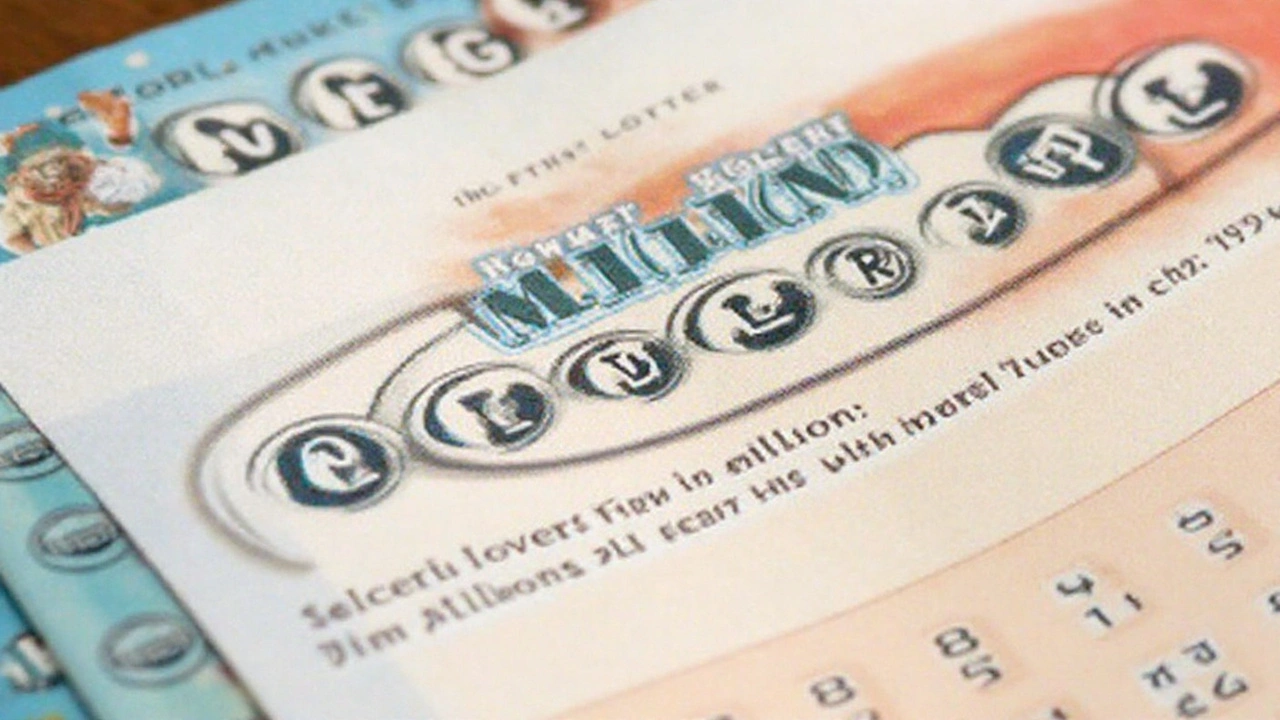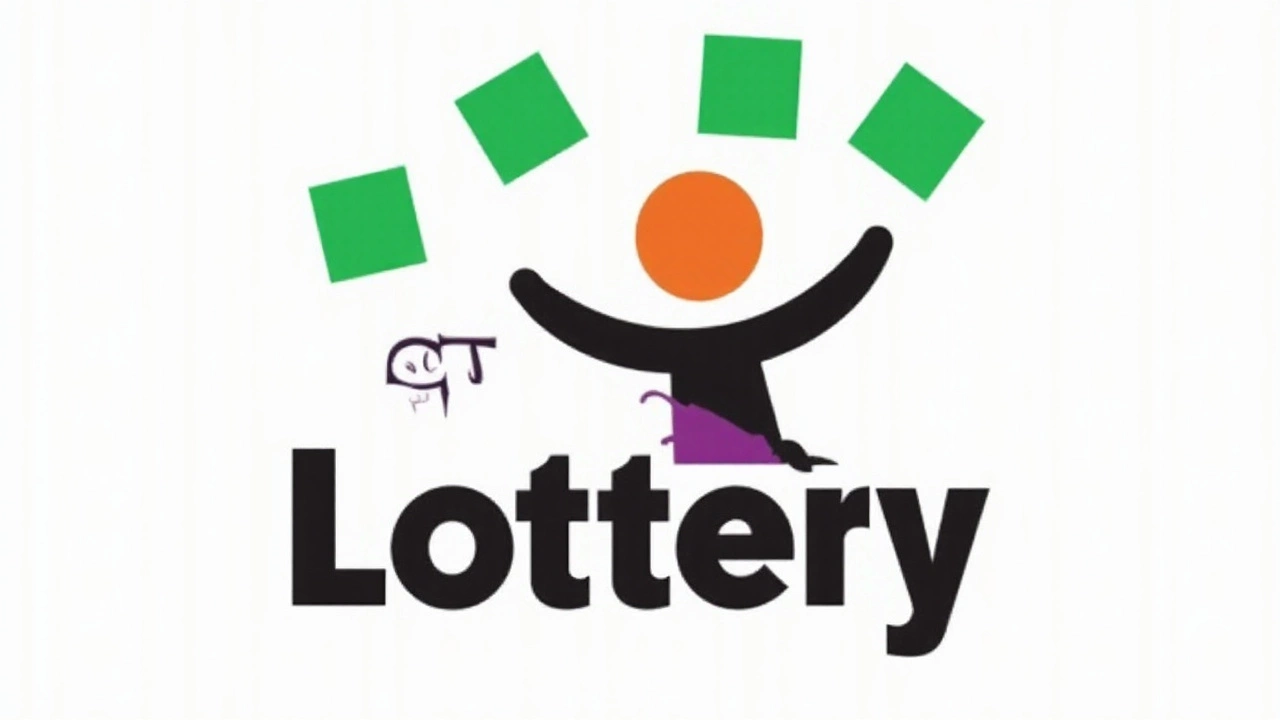By Caspian
The number is hard to ignore: $1.80 billion up for grabs on Saturday night. Powerball officials raised the estimate on September 5, 2025, citing a flood of late-week sales and a prize pool that keeps rolling because nobody has hit all six numbers. It now ranks among the biggest U.S. lottery payouts ever offered.
This run comes on the heels of a drawing where tickets sold in Missouri and Texas collectively claimed $1.787 billion, a reminder of how fast these jackpots can sprint once players pile in. If no one matches the five white balls and the red Powerball on Saturday, the headline figure could climb again before the next drawing.
The game is simple and familiar: $2 a ticket, drawings three nights a week—Monday, Wednesday, and Saturday—typically at 10:59 p.m. ET. The jackpot grows when sales rise and when nobody nails all six numbers. Powerball is played in 45 states plus Washington, D.C., Puerto Rico, and the U.S. Virgin Islands, so the audience—and the sales base—is massive.
Estimates change in real time. As retailers get crowded—convenience stores after work, gas stations on the Friday commute—more sales get folded into the running projection. That’s how we landed at $1.80 billion heading into Saturday.
What’s driving the $1.80 billion surge
Jackpots jump when there’s a long streak of rollovers. Each draw without a grand prize winner sends the pot higher, and the hype fuels even more sales. It’s a loop: no winner, more tickets sold, bigger estimate, more buzz.
Powerball advertises the annuity value—a 30-year stream of payments that start big and step up each year. A cash option is offered too, paid in one lump sum. The cash value is usually a bit more than half of the advertised jackpot, set by financial market rates and how much ticket revenue is sitting in the prize pool. For a pot this large, the cash option typically lands in the high hundreds of millions before taxes. The exact figure gets posted by lottery officials before the drawing.
Odds are blunt. The chance of winning the jackpot is 1 in 292,201,338. Most tickets will miss, and that’s built into the math. There are nine prize tiers, though, and millions of smaller prizes are often paid out even when the top spot survives. Power Play—an extra $1 add-on—can multiply non-jackpot prizes. Some states also sell a Double Play add-on with a second set of numbers for separate fixed prizes.
Saturday’s drawing will be conducted under independent auditing at a secure studio, with ball machines and multiple checks. Winning numbers will be validated before they’re made public. If the top prize hits, the jackpot resets to the base level for the next draw; if it doesn’t, the estimate rises again.
Big runs like this echo earlier milestones. Prior billion-dollar Powerball moments include the $2.04 billion prize sold in California in 2022 and the $1.586 billion split among three tickets in 2016. The recent Missouri and Texas win at $1.787 billion showed that multiple tickets can still share a giant pot when lightning strikes more than once.

How to play smart: odds, payouts, taxes, deadlines
Before you buy a last-minute ticket, a few practical notes can save headaches later.
- Ticket price and cutoff times: Each play costs $2. Power Play is an extra $1. Sales cutoffs vary by state—some close a couple of hours before the draw. Don’t assume your local store sells right up to 10:59 p.m. ET.
- Where it’s offered: Powerball runs in 45 states plus D.C., Puerto Rico, and the U.S. Virgin Islands. If you’re traveling near a state line, rules and cutoffs may differ.
- Odds and prize tiers: The jackpot odds are 1 in 292,201,338. There are eight other prize levels, from $4 up to $1 million for matching all five white balls (higher with Power Play).
- Annuity vs. cash: The annuity pays over 30 years and grows annually; the cash option is a single payment. The right choice depends on your risk tolerance, taxes, and planning horizon. Many winners pick cash for flexibility, but annuity can provide long-term discipline.
- Taxes: Federal withholding on major lottery prizes is typically 24% up front. Your final federal tax rate can run higher based on your income bracket. States vary widely—some tax lottery wins, some don’t. If you bought the ticket in a taxing state and live in another, you may face filings in both.
- Claim windows: Deadlines to claim prizes differ by state—often 180 days to a year. Don’t wait until the last week to get your paperwork together.
- Anonymous or public: State laws control whether winners can stay anonymous. Some allow trusts to claim; others require names to be public. Check the rules before you sign anything.
- Office pools: If you’re playing as a group, put the rules in writing, list everyone’s share, and photocopy the tickets for all members. It prevents arguments later.
Security starts the second you buy. Sign the back of your ticket. Take clear photos of the front and back. Keep it in a dry, protected place, not in your car or wallet. If it’s a big winner, you’ll want those safeguards in place.
If you hit a large prize, slow down. Quietly build a team: a fiduciary financial adviser, a tax professional, and an attorney familiar with high-net-worth planning in your state. Map out what to do before you claim—where to park the cash, how to handle anonymity, and how to avoid common pitfalls. A windfall can solve problems, but it creates new ones, too.
Watch out for scams. The lottery won’t call, DM, or email you that you “won” if you didn’t buy a ticket. No legitimate prize requires an upfront fee, gift card, or wire. Don’t share your ticket photos or barcode publicly. If something feels off, it probably is.
What happens if nobody wins on Saturday? The pool grows again. Sales often spike over the weekend and on draw day, so the estimate can be revised the day of the drawing. Retailers typically see the heaviest rush within the final hours before cutoff, especially after work.
For states that use lottery revenue to fund public programs—often education, college scholarships, or state general funds—monster jackpots can bring a short-term boost. The exact use of proceeds depends on each state’s statutes, but high sales weeks usually translate into higher transfers to those programs.
Key facts at a glance:
- Next drawing: Saturday evening, typically 10:59 p.m. ET
- Advertised top prize: Powerball jackpot estimated at $1.80 billion (annuity)
- Ticket cost: $2; $1 extra for Power Play
- Jackpot odds: 1 in 292,201,338
- Where to play: 45 states, D.C., Puerto Rico, U.S. Virgin Islands
Whether you skip it or take a shot, know the rules, keep expectations grounded, and don’t spend more than you can afford to lose. The game is designed to be a long shot. For most players, the value is the brief hope between purchase and the ping of the results—and for one or more tickets on Saturday, that hope could turn into something much bigger.
